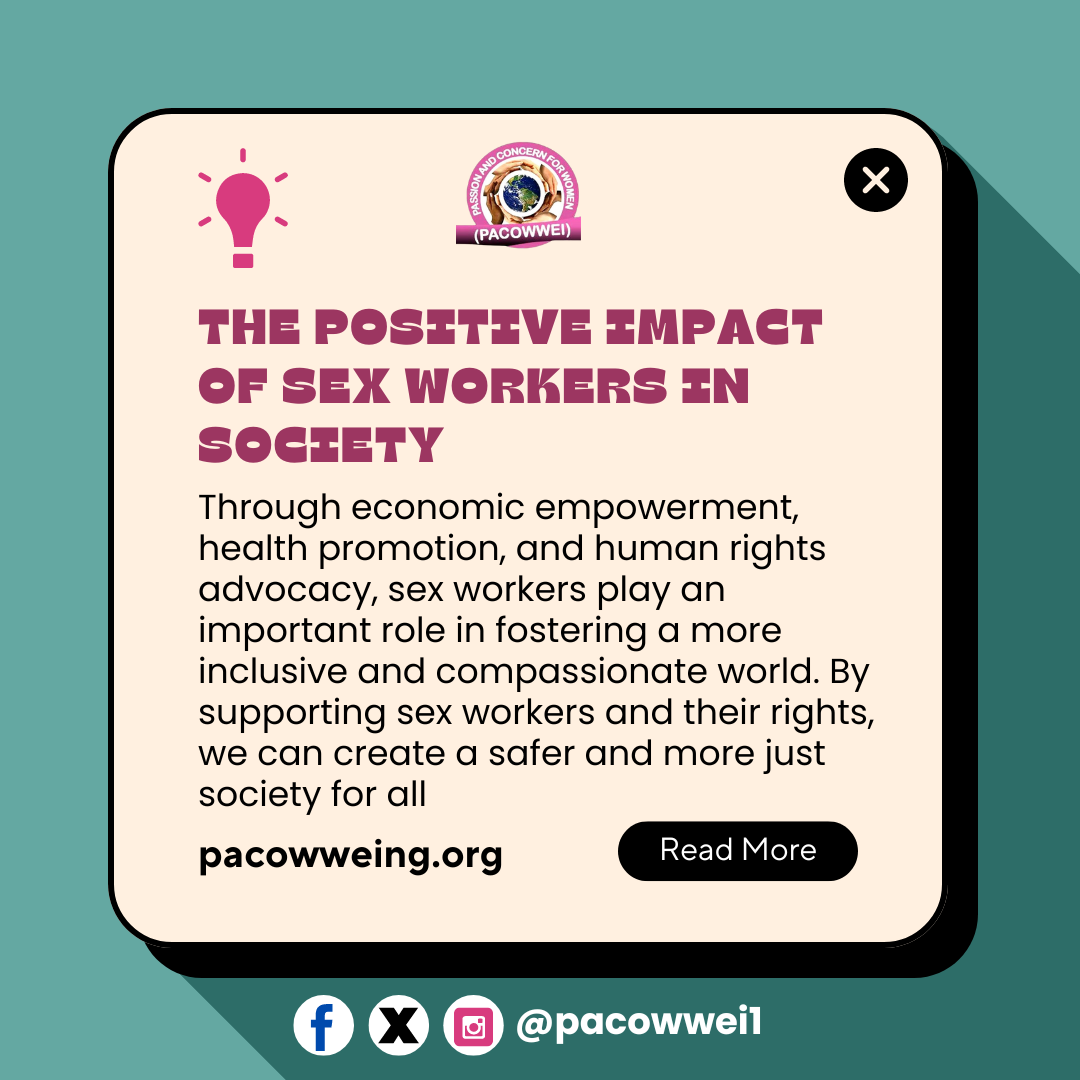Sex work, though often stigmatized, has been an integral part of human societies for centuries. In recent times, debates about the legitimacy and role of sex work have opened up new perspectives on the positive effects it can have on individuals and society as a whole. As we strive for a more inclusive and just world, it is important to recognize and highlight the contributions of sex workers, who often operate in the margins of society but whose work influences various aspects of our communities.
1. Economic Contribution
Sex work forms a significant portion of the informal economy, providing income for millions of individuals worldwide. In some regions, legalized sex work generates tax revenue, boosts tourism, and creates jobs not only for sex workers but also for supporting industries such as hospitality, healthcare, and security. In societies where jobs are scarce, sex work can be a viable option for individuals seeking financial independence, thereby reducing poverty and supporting families.
2. Advancing Public Health Awareness
Professional sex workers are often at the forefront of promoting safer sexual practices. Many sex workers participate in public health campaigns, especially those focused on the prevention of sexually transmitted infections (STIs) and HIV. Through sex worker advocacy groups, they have contributed to educating clients and the public about the importance of condom use, regular health screenings, and reducing stigma around sexual health. This helps lower the spread of STIs, benefiting society at large.
3. Sexual Well-being and Emotional Support
Sex workers provide a service that many individuals seek for physical intimacy, companionship, and emotional support. In some cases, sex workers offer an outlet for people who may have difficulty forming traditional relationships, such as the elderly, people with disabilities, or socially isolated individuals. By providing companionship and intimacy, sex workers can help improve the mental and emotional well-being of their clients, filling gaps that might otherwise be left unaddressed.
4. Promoting Autonomy and Empowerment
For many sex workers, the profession offers a means of achieving financial independence and autonomy. It provides an opportunity for individuals to take control of their own bodies and economic futures, often allowing them to escape other forms of oppression or marginalization. Organizations that support sex workers advocate for their rights to work in safe conditions, free from exploitation and violence. These movements contribute to the larger fight for labor rights and gender equality.
5. Challenging Societal Norms
Sex workers challenge traditional views of sexuality and relationships, opening up conversations about sexual freedom, bodily autonomy, and the right to make choices without judgment. By questioning societal norms, sex workers push society toward greater acceptance of diverse sexual identities and behaviors. In doing so, they contribute to broader cultural shifts that promote tolerance and understanding.
6. Human Rights Advocacy
Sex workers have been at the forefront of fighting for human rights, particularly in the areas of workplace safety, anti-discrimination, and anti-violence efforts. Many sex worker-led organizations advocate for the decriminalization of sex work, arguing that criminalization often leads to increased violence, discrimination, and marginalization. By fighting for their rights, sex workers also draw attention to the importance of safeguarding the rights of other vulnerable groups in society.
Conclusion
While sex work remains a contentious issue, it is essential to acknowledge the positive contributions of sex workers to society. Through economic empowerment, health promotion, and human rights advocacy, sex workers play an important role in fostering a more inclusive and compassionate world. By supporting sex workers and their rights, we can create a safer and more just society for all.



